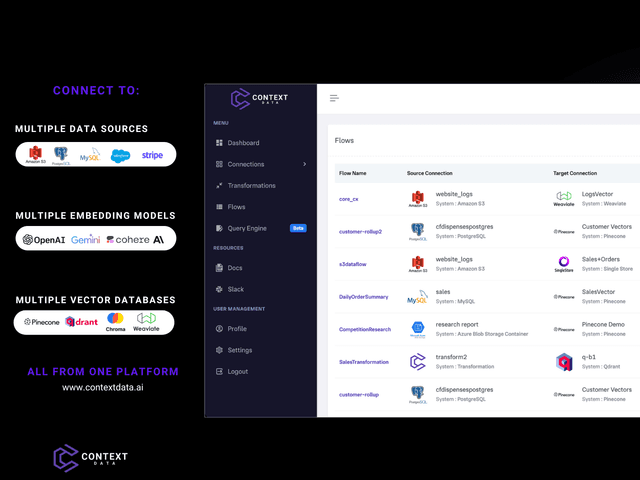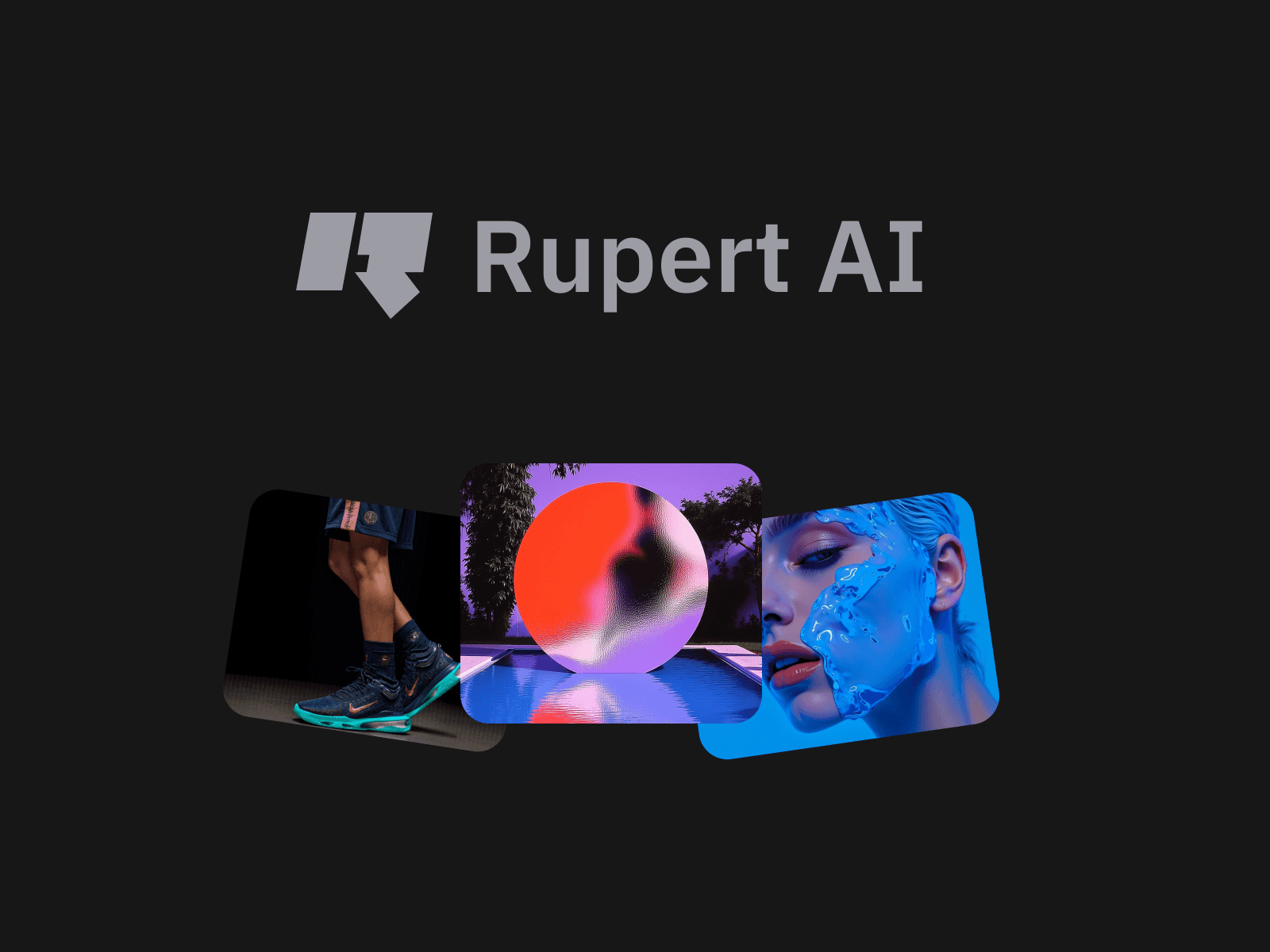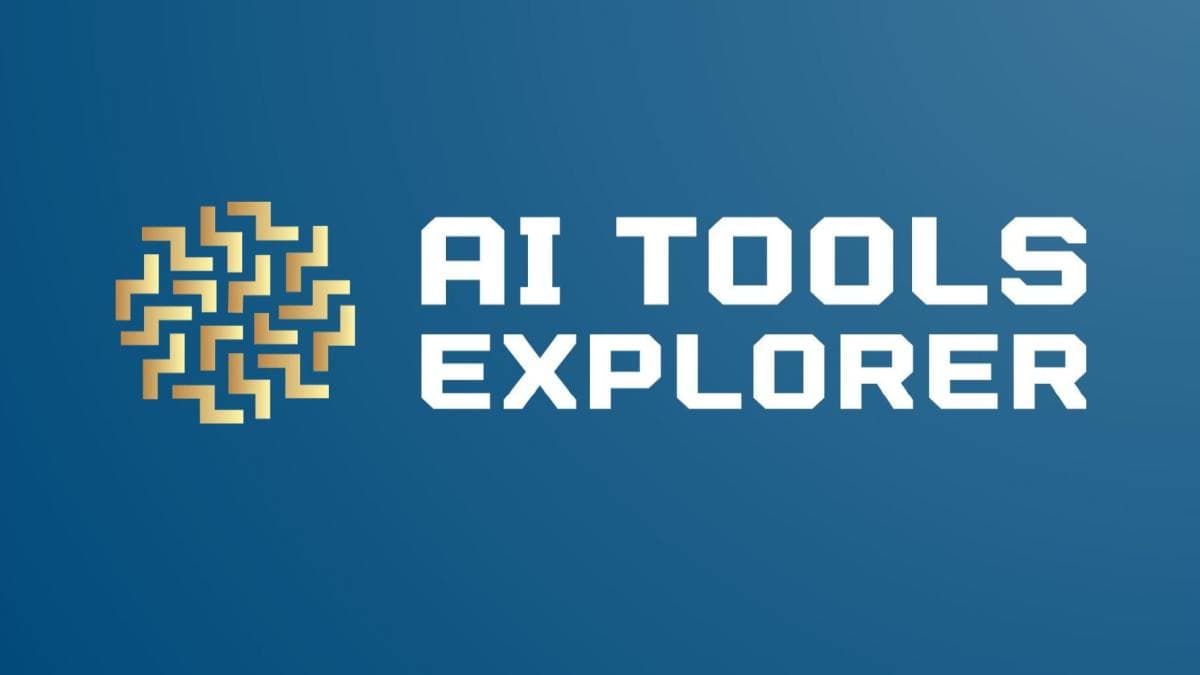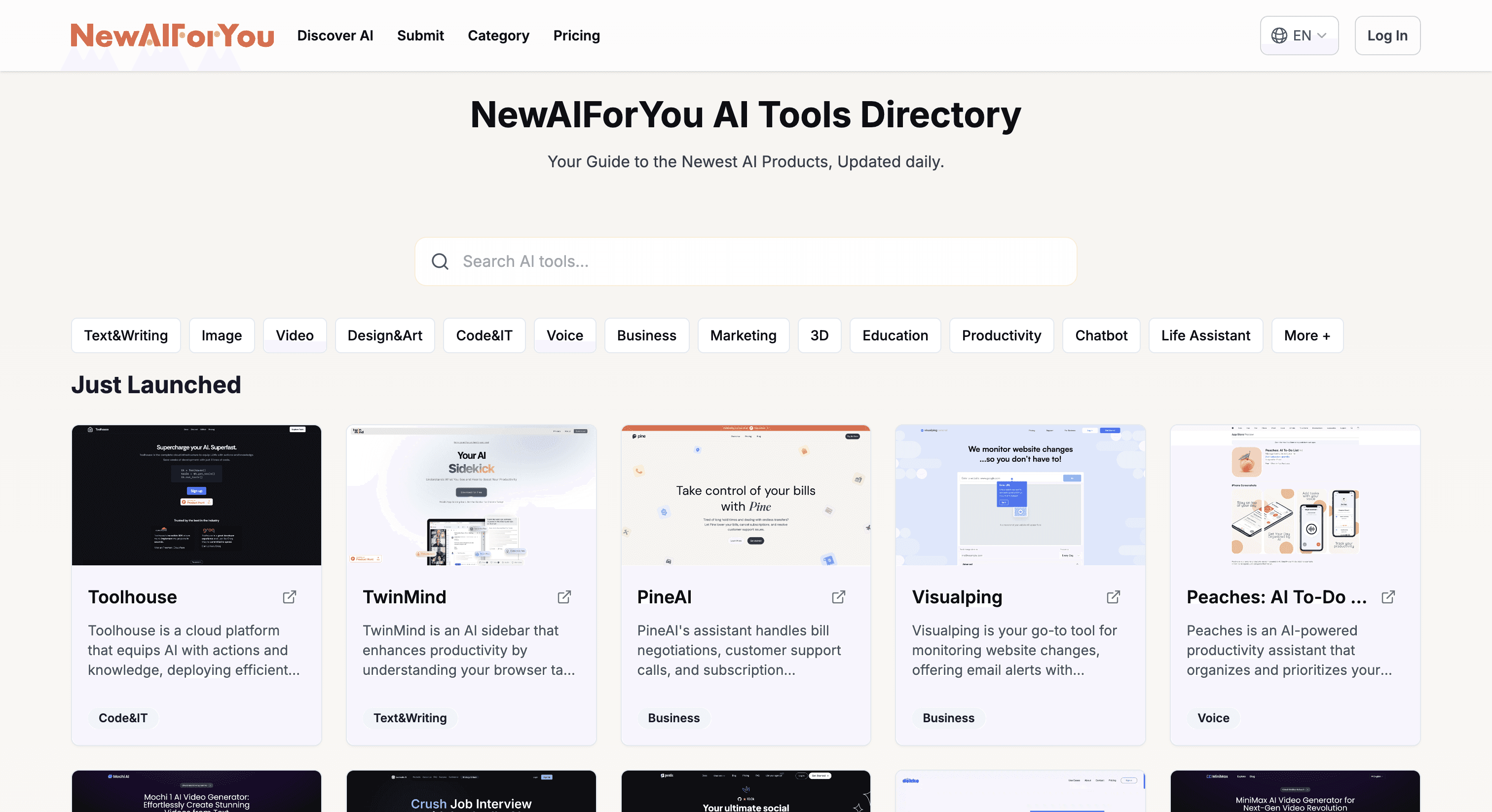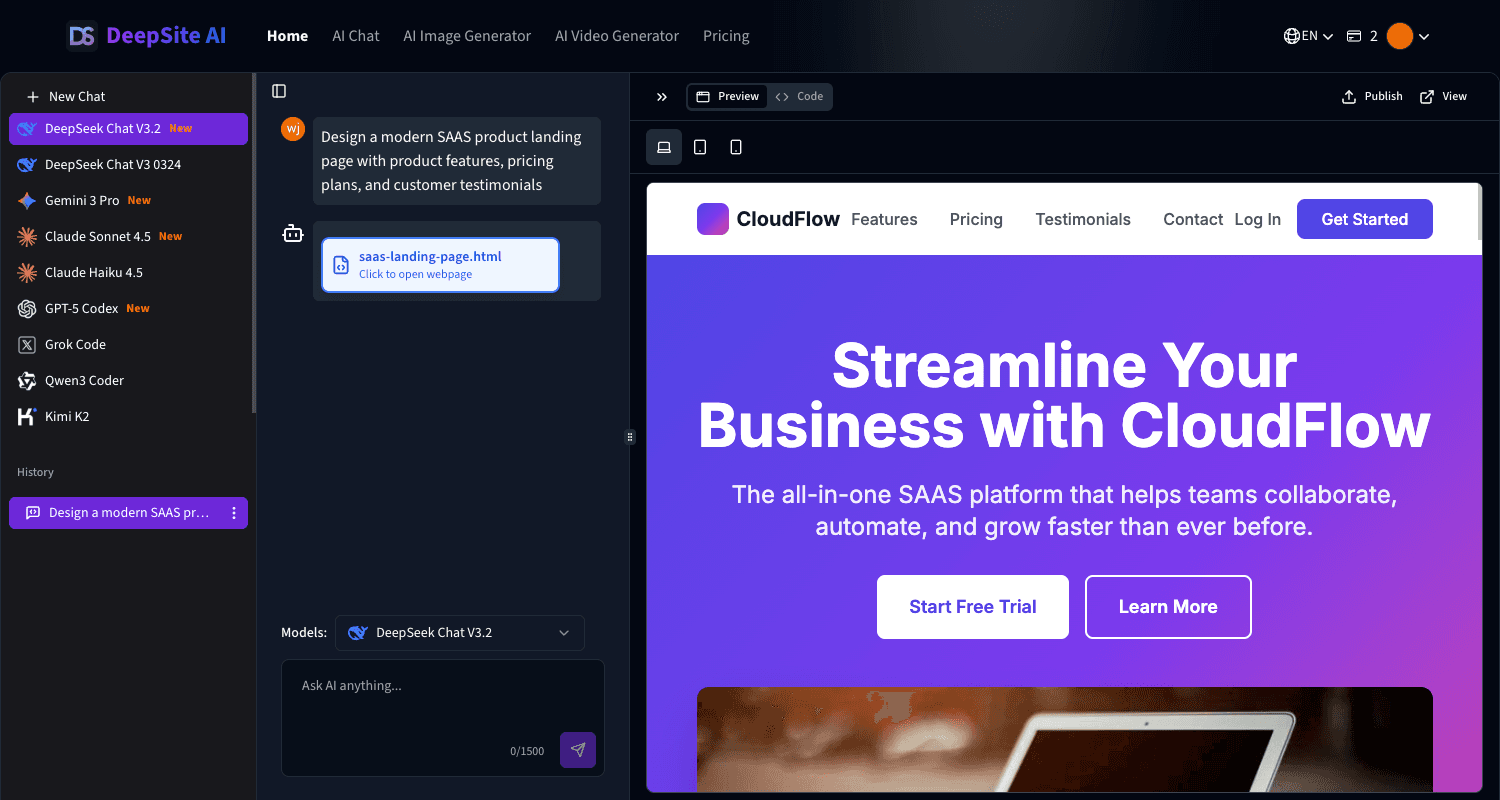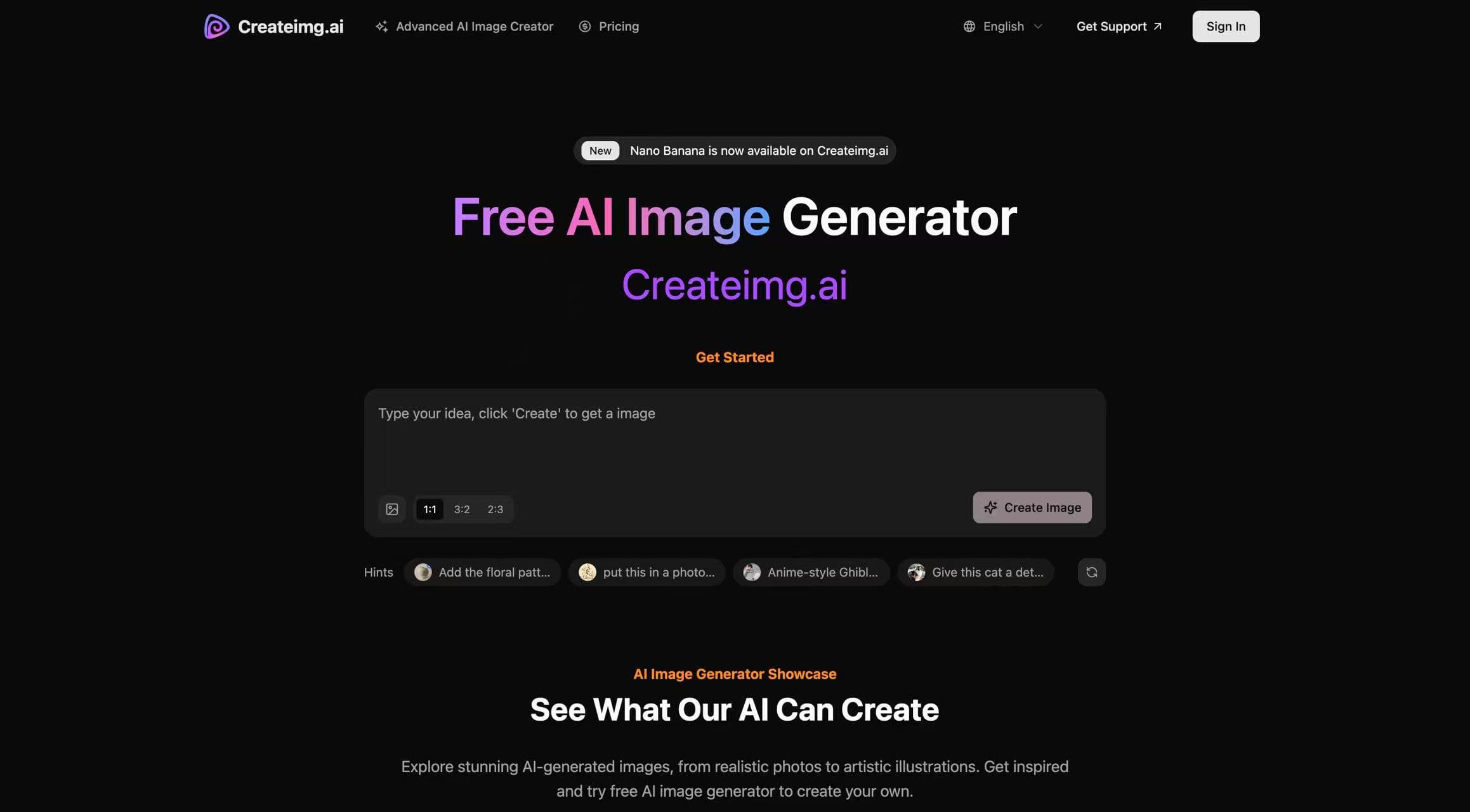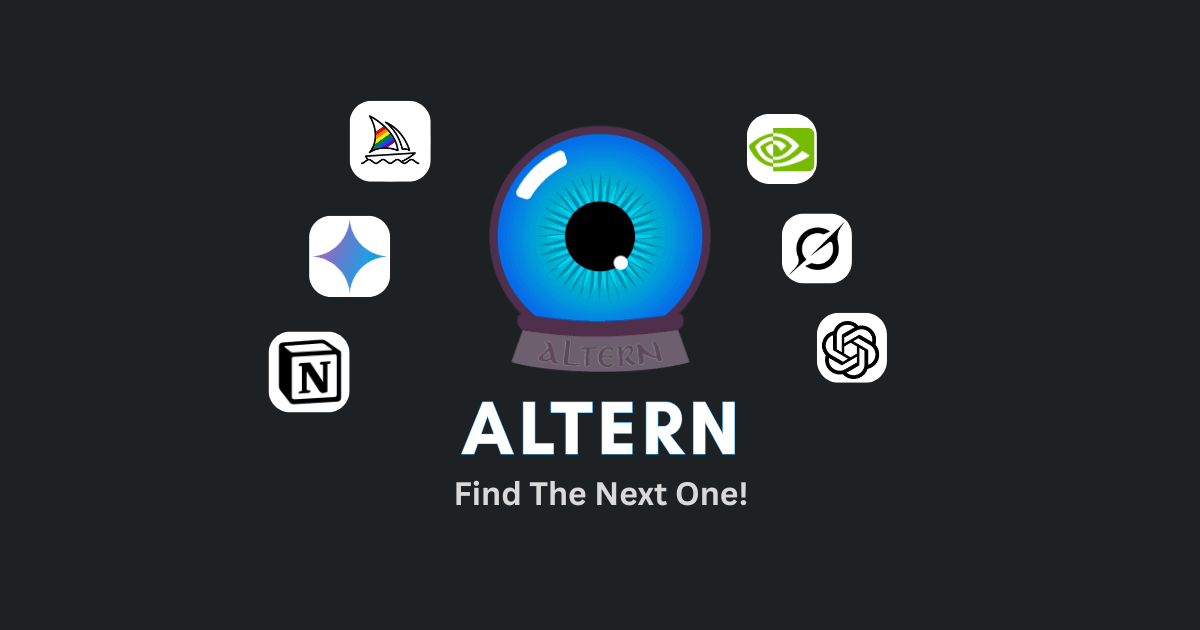Context Data vs. Lightning AI
Context Data
Context Data is an enterprise data infrastructure built to accelerate the development of data pipelines for Generative AI applications. The platform automates the process of setting up internal data processing and transformation flows using an easy-to-use connectivity framework where developers and enterprises can quickly connect to all of their internal data sources, embedding models and vector database targets without having to set up expensive infrastructure or engineers.
Lightning AI
Lightning AI is the company behind PyTorch Lightning, the deep learning framework for training, finetuning and serving AI models (80+ million downloads). PyTorch Lightning started in 2015 by Lightning founder William Falcon while working on computational neuroscience research at Columbia University scaling Generative Adversarial Networks and Autoencoders in the context of neural decoding working under Liam Paninski. He open sourced it in 2019 while pursuing a PhD in self-supervised learning (SSL) at NYU and Facebook AI Research (FAIR) supervised by Kyunghyun Cho and Yann Lecun. SSL techniques are at the heart of models like Chat GPT (next word prediction). In 2019 PyTorch Lightning started to be used to train huge models on 1024+ GPUs inside Facebook AI. Today, it’s used by over 10,000 companies and 1+ million developers to train, finetune and deploy the world’s largest models. Lightning AI started in 2020 as a platform to train models on the cloud across 1000s of GPUs. Today,...
Reviews
Reviewed on 6/19/2024
Context Data is a Data Processing & ETL infrastructure for Generative AI applications. --- For startups and enterprise companies that are building internal Generative AI solutions, Context Data automates the process and time to deploy data platforms from an average of 2 weeks to less than 10 minutes and at 1/10th of the cost.
Reviews
| Item | Votes | Upvote |
|---|---|---|
| Multi-Source Transformations | 1 | |
| One-Click Model Connections | 1 | |
| Smart Scheduling | 1 |
| Item | Votes | Upvote |
|---|---|---|
| No cons yet, would you like to add one? | ||
| Item | Votes | Upvote |
|---|---|---|
| You can build e2e AI solutions | 1 | |
| Scale your models to dozens of GPUs in a few clicks | 1 | |
| You can collaborate with your team on the cloud | 1 |
| Item | Votes | Upvote |
|---|---|---|
| No cons yet, would you like to add one? | ||
Frequently Asked Questions
Context Data is specifically designed to automate the setup of internal data processing and transformation flows, making it ideal for enterprises looking to quickly connect to internal data sources without extensive infrastructure. On the other hand, Lightning AI focuses on providing a comprehensive end-to-end platform for training, finetuning, and deploying AI models, with strong capabilities in distributed data processing and scaling models across multiple GPUs. The choice depends on whether your primary need is internal data management (Context Data) or robust AI model development and deployment (Lightning AI).
Context Data offers multi-source transformations as a key feature, allowing users to easily connect and manage various internal data sources. Lightning AI, while providing extensive tools for AI model development and deployment, does not emphasize multi-source data transformations to the same extent. Therefore, if multi-source transformations are a critical requirement, Context Data would be the better choice.
Context Data is noted for its cost-effectiveness, reducing the time to deploy data platforms from weeks to minutes at a fraction of the cost. This can be particularly beneficial for startups that need to manage budgets carefully while setting up data infrastructure. Lightning AI, while offering powerful tools for AI model training and deployment, does not specifically highlight cost savings as a primary feature. Therefore, for startups looking to minimize costs in data infrastructure, Context Data may be the more cost-effective option.
Lightning AI is designed with collaboration in mind, allowing teams to work together on the cloud, scale models to dozens of GPUs, and manage the entire AI development lifecycle. While Context Data excels in automating data processing and transformation, it does not emphasize collaborative AI model development. Therefore, for teams focusing on collaborative AI model development, Lightning AI would be the better choice.
Lightning AI, being the company behind PyTorch Lightning, offers extensive support for training, finetuning, and deploying AI models. It is designed to handle large-scale model training with the capability to scale across thousands of GPUs. Context Data, while providing robust data processing and transformation capabilities, does not specialize in AI model training. Therefore, for AI model training, Lightning AI is the superior platform.
Context Data is an enterprise data infrastructure designed to accelerate the development of data pipelines for Generative AI applications. It automates the setup of internal data processing and transformation flows using an easy-to-use connectivity framework. This allows developers and enterprises to quickly connect to all of their internal data sources, embedding models and vector database targets without the need for expensive infrastructure or engineers.
Pros of Context Data include Multi-Source Transformations, One-Click Model Connections, and Smart Scheduling. Currently, there are no user-generated cons listed for Context Data.
Context Data automates the process and time to deploy data platforms for startups and enterprise companies building internal Generative AI solutions. It reduces the deployment time from an average of 2 weeks to less than 10 minutes and cuts the cost to 1/10th of the traditional expense.
Context Data provides a Data Processing & ETL infrastructure specifically designed for Generative AI applications.
Lightning AI is the company behind PyTorch Lightning, a deep learning framework for training, finetuning, and serving AI models. The platform offers a comprehensive end-to-end solution for AI development, from distributed data processing and model training to deployment and serving AI applications.
Pros of Lightning AI include the ability to build end-to-end AI solutions, scale models to dozens of GPUs with just a few clicks, and collaborate with your team on the cloud. Currently, no cons have been listed.
PyTorch Lightning was founded by William Falcon in 2015 during his computational neuroscience research at Columbia University. He open-sourced the project in 2019 while pursuing a PhD at NYU and Facebook AI Research (FAIR).
PyTorch Lightning is used for training, finetuning, and deploying AI models. It is utilized by over 10,000 companies and more than 1 million developers to handle large-scale models on extensive GPU clusters.
The core ethos of Lightning Studios is 'You do the science, we do the engineering.' This philosophy aims to provide an intuitive, easy-to-use, and fast platform for AI research and deployment, enabling users to focus on scientific innovation while Lightning Studios handles the engineering complexities.
